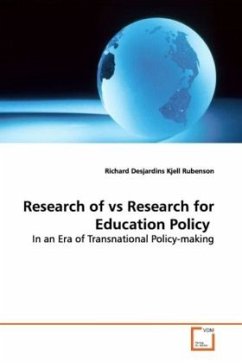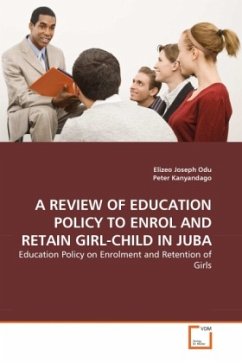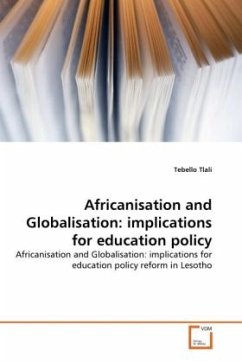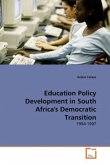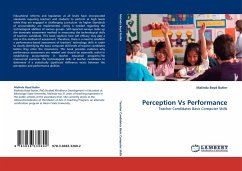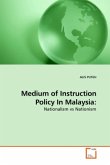As national governments reform their educational
systems to meet the challenges of living in a
globalised world, the agenda setting power of
transnational organizations like the OECD and the EU
have become more transparent in the last decade. The
phenomenon of globalization has a number of
implications for education policy-making processes
and not least it has had an impact on who conducts
policy studies and how. This book brings together a
variety of contributions which explore recent
political economic changes affecting education
policy-making processes including the ascension of
neo-liberalism and the transnationalization of
education policy-making, as well as the tension
between research of policy and research for policy.
Working from different perspectives, the authors
help to provide a better understanding of these two
important sets of issues which the field of
education must contend with today.
systems to meet the challenges of living in a
globalised world, the agenda setting power of
transnational organizations like the OECD and the EU
have become more transparent in the last decade. The
phenomenon of globalization has a number of
implications for education policy-making processes
and not least it has had an impact on who conducts
policy studies and how. This book brings together a
variety of contributions which explore recent
political economic changes affecting education
policy-making processes including the ascension of
neo-liberalism and the transnationalization of
education policy-making, as well as the tension
between research of policy and research for policy.
Working from different perspectives, the authors
help to provide a better understanding of these two
important sets of issues which the field of
education must contend with today.

